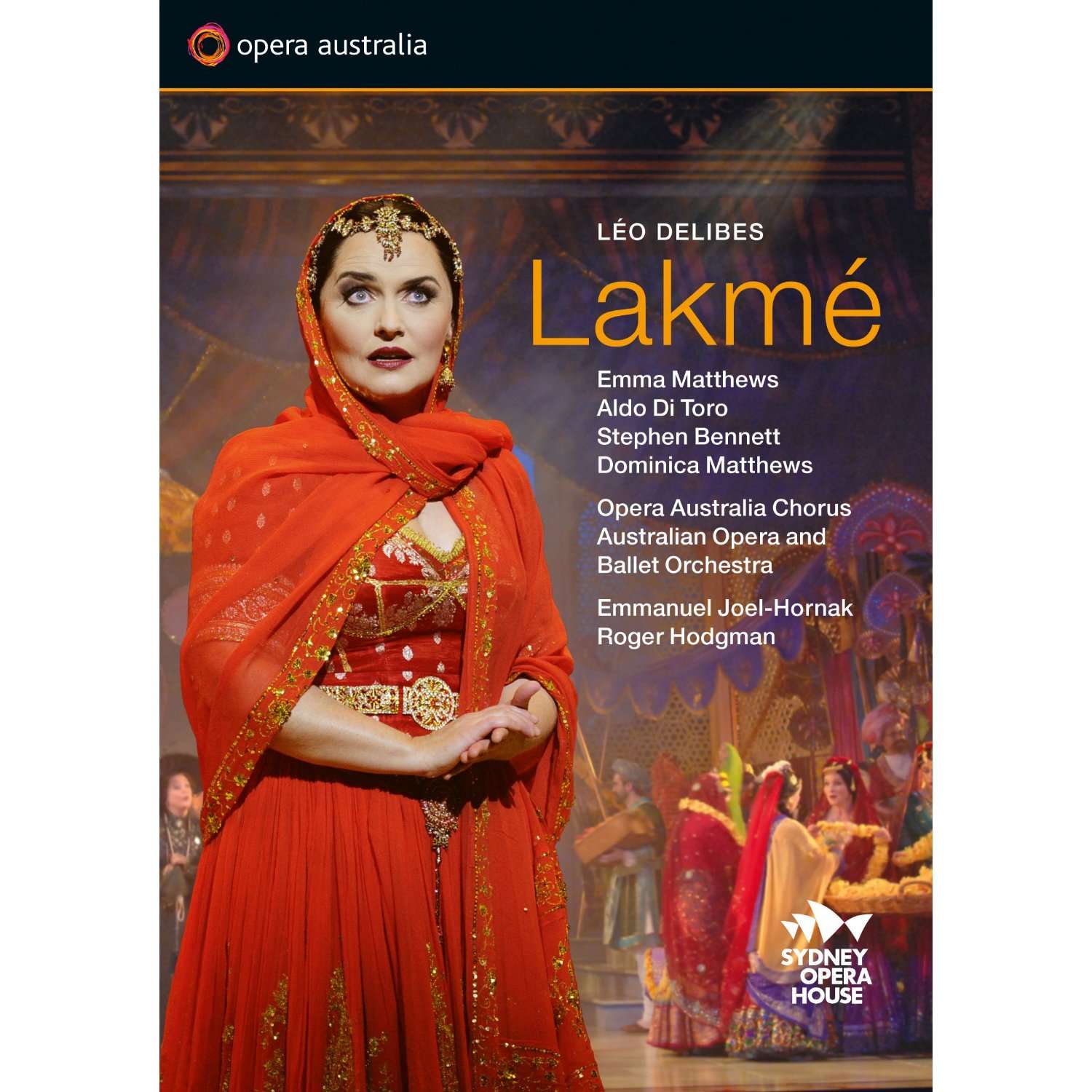|
Back
05/16/2012
Léo Delibes: Lakmé
Emma Matthews (Lakmé), Aldo Di Toro (Gérald), Stephen Bennett (Nilakantha), Luke Gabbedy (Frédéric), Dominica Matthews (Mallika), Roxane Hislop (Mistress Bentson), Jane Parkin (Ellen), Angela Brun (Rose), Edmond Choo (Hadji), Benjamin Rasheed (Fortune Teller), Nara Lee (Chinese Merchant), Adrian Tamburini (Pickpocket), Australian Opera and Ballet Orchestra, Anthony Hurt (Acting Chorus Master), Huy-Nguyen Bui (Associate Concertmaster), Emmanuel Joel-Hornak (Conductor), Roger Hodgman (Director), Cameron Kirkpatrick (TV Director), Tony David Cray (Audio Director), Adam Cook (Original Production), Mark Thompson (Set and Costume Designer), Nigel Levings (Lighting Designer)
Recorded at Sydney Opera House (September 13 and 21, 2011) – 143’
Opera Australia OPOZ56020DVD – Booklet in English, French and German – Subtitles in English, French, German, Spanish and Italian

   
Following in his brother’s footsteps, Julien Viaud (alias Pierre Loti) joined the French Navy and at age twenty two he spent two months stationed in Tahiti. Living amongst Papeete’s natives inspired Loti to produce his second book, an autobiography of life in the South Seas entitled, Rarahu (1880). Receiving wider exposure in the literary world through this release, the book was reprinted under the name Le Mariage de Loti, the source Léo Delibes drew upon to compose his most notable opera, Lakmé. It was so successful that by May 31, 1931 Lakmé had received its 1,000th performance since premiering at Paris’ Opéra-Comique on April 14, 1883. Back then the exotica theme was very much in vogue, but audiences’ tastes began to change and by the beginning of the 20th century, Lakmé was swallowed up in favor of more popular operas of the time. Though rarely appearing onstage today (with possible exception of France), this places greater importance on this Opera Australia recording.
Roger Hodgman’s derivative Adam Cook production makes something out of a somewhat torpid plot. Inherently the opera is absent of much action, yet it is remedied to some extent by the merge of Emmanuel Joel-Hornak’s dynamic orchestra and an elite cast that delivers stellar singing and outstanding acting. No one lacks on any of these fronts. In the appendix Hodgman talks about stressing the clash between two cultures, Indian and British, diametrically opposed, the former being grossly misunderstood. The point comes across convincingly through the characters’ nuances.
Delibes’ desired snub at the British is well expressed through the buffoonery of Roxane Hislop’s Mistress Bentson who tends to the self absorbed love connections of Jane Parkin’s Ellen and Angela Brun’s Rose. Alongside the pertinacious Frédéric, sung with commanding tones of foreboding awareness by Luke Gabbedy, and the buttery luster of Aldo Di Toro’s Gérald, the quintet delivers a punchy “Quand une femme est si jolie”, accentuating Delibes’ sectional effervescence while re-emphasizing their own prim absurdities.
Emma Matthews possesses a remarkably high tessitura, a requisite for Lakmé. Her reaches are tactile yet she has an ironically darkened edge akin to a mezzo. She develops Lakmé in credible fashion, taking her from childlike innocence to a woman fervently in love with a man whose father gravely opposes the connection by anthropological mandates. Ms. Matthews, a sure bet for this role, tackles her notes effortlessly with aplomb while resonating amazing brilliance particularly during her coloratura aria, “L'Air des clochettes.” Aldo Di Toro has an uplifting and silky vocal sheen that reinforces Lakmé’s transformation. The open, authoritative bass voice of Steven Bennett never goes overboard as the Brahmin priest Nilakantha. Additionally, the duet, “Dôme épais le jasmin à la rose s’assemble”, laden with predominant thirds, is nicely channeled and conservatively rendered by Dominica Matthews’ Mallika and Emma Matthews.
While lavish costuming and sets created by Mark Thompson add degreed visual height, Anthony Hunt’s chorus wields volumetric fortitude but falls short in energy and enthusiasm, miring the production. Choreographically weak, members simply walk on stage in mundane manner and present a “stand and deliver” approach. The only respite of measured spark is in Act II’s opening bazaar scene. The ballet found in the same act is omitted.
A coproduction with Opéra de Montréal, Lakmé is, nonetheless, a delightful revisit for those who have an affinity for the lyrical beauty and charm of Léo Delibes’ score.
Christie Grimstad
|